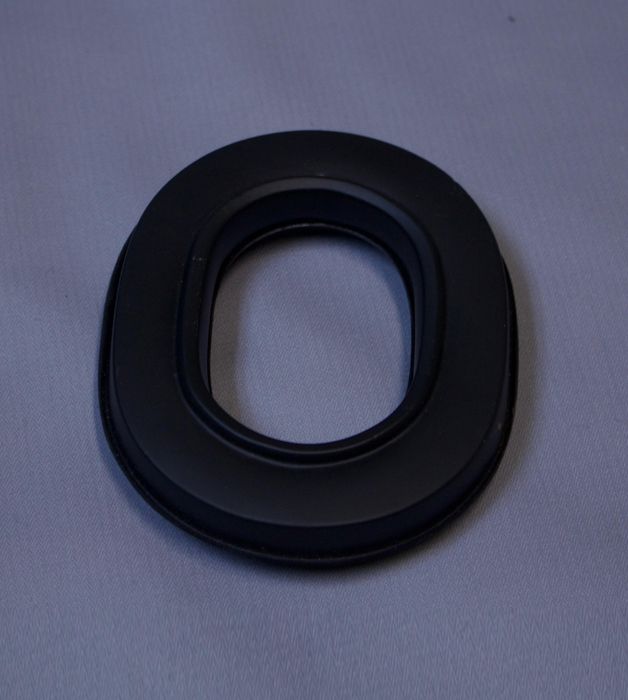Our Products
Communications Equipment for Helicopter & HGU
Our Products
Earcups For Helicopter and HGU
Flight Helmet Communications
Don’t forget your flight helmet communications! The first thing most people think of when it comes to flight helmets is safety. Specifically, they think of protecting their skulls. What they may overlook is flight helmet communications equipment in {{lpg_city}} {{lpg_state}}. Communication is important in life, but it is critical when it comes to flying. Having good flight helmet communications may save more lives than the helmet itself.
Think about driving for a moment. We don’t use flight helmet communications in a car, but communication occurs everywhere.
How do you know which lane to drive in? The lines painted on the road will tell you. How do you know when the nearest highway is coming up? There will be road signs to tell you. How do you know when to stop or go? There will be traffic lights or stop signs to tell you. How do you know if someone is turning left or right? They use their blinkers to tell you. Well, at least they should. You get the picture.
There is communication happening all over the roads, and this protects us from chaos. With GPS and technology, this communication is ever evolving. This all works to (hopefully) keep us safer on the roads. One major exception is texting and driving which is both dangerous and illegal!
With aviation, communication is a bit more challenging. You can’t put up signs or traffic lights in the sky. There are certain flight paths, but they are not so well defined as roads. Not to mention, flying is much faster than driving. Aviation requires more skill, time and effort to make any emergency course corrections. This is why flight helmet communications equipment is so vital in {{lpg_city}} {{lpg_state}}. Without it, you might as well be “flying blind”.
Flight Helmet Communications Equipment in {{lpg_city}} {{lpg_state}}
For successful and safe aviation, you must have the proper equipment. Here are a few essential flight helmet communications accessories:
Earphones – Communication is a two way street. If you aren’t able to hear from Air Traffic Control (ATC) or other pilots, it doesn’t matter what you’re saying. Having a good set of earphones is essential. There are two basic categories of earphones – standard and noise reducing. As you might expect, noise reduction earphones reduce outside noise. This not only helps you hear better, but it makes the flying experience more enjoyable. If you’re piloting a helicopter or an old war bird, the noise can be deafening. Active Noise Reduction is invaluable in this scenario. Don’t overlook or underestimate how important this may be for you.
Microphones – The other half of communication is speaking. Like listening, if no one can hear you, you’re not communicating. ATC and other pilots must know what you are doing as well keeping you updated on their own activities. Make sure that you mount and configure your microphone properly. This way your voice is clear and background noise is at at minimum. No one wants to hear a bunch of noise over the radio.
Heads-Up Display (HUD) – HUDs are an awesome addition to flight helmet communications. With technology advancing at a rapid pace, these exciting systems can make a big impact. Pilots will be able to view important flight information with graphics, images and video. This is all displayed on a high-transparency visor. Instead of having to look down at an instrument panel, pilots can see what they need right in front of their eyes.
Purchase Flight Helmet Communications Equipment in {{lpg_city}} {{lpg_state}} Here!
For all your flight helmet communications equipment needs, use our online store or give us a call to learn more!
Be the first to know about the latest products, exclusives and offers such as our Flight Helmet Parts.
















